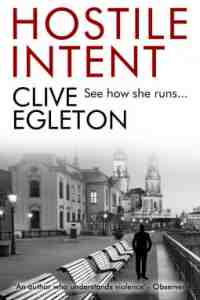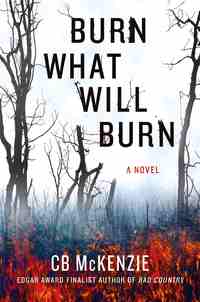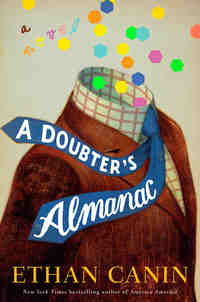Hostile Intent by Clive Egleton
 Sunday, June 26, 2016 at 8:32AM
Sunday, June 26, 2016 at 8:32AM 
This is a repost of a review posted on Tzer Island in 2010. The book was first published in 1993. It has been out of print for some time, but has been published digitally by Endeavour Press as of June 19, 2016.
Hostile Intent is an old-fashioned spy story, Clive Egleton's first to feature SIS agent Peter Ashton. The well-paced novel begins with the assassination of Bob Whittle, a member of the British Army's Intelligence Corps, shortly after his meeting in Dresden with Galina Kutuzova, a GRU officer who reports to the KGB. Galina has been selling information to Whittle, while her partner, Yuri Rostovsky, has been peddling it to the Americans. Together they have profited by selling classified information to the French. Ashton is called in to to investigate Whittle's murder -- a task that proves difficult given the unwillingness of the Foreign Office to blame the Russians for anything in light of the Cold War's demise. The KGB kills Rostovsky and Galina flees to avoid attempts on her life while Ashton, trying to spook a GRU officer into contacting Moscow about Galina, pretends to be a double agent, risking his credibility with his own superiors. Egleton ratchets up tension as Ashton tries to find Galina before the KGB can locate and kill her.
Although Hostile Intent is carefully plotted, there are times when the story becomes difficult to believe. It was particularly hard to understand the continuing desire of the Foreign Office to ignore the true cause of Whittle's murder and to treat Galina as unimportant, given fairly obvious evidence that Galina and Rostovsky were selling highly classified material and that Galina still had information that would benefit the British. The nature of the information she finally reveals is also a bit over the top. A separate problem with Hostile Intent is that Egleton's writing style, while competent, needed improvement: Hostile Intent includes too many awkward sentences and Egleton too often resorted to cliche. Apart from those quibbles, Hostile Intent is a novel I would recommend to fans of espionage fiction. Ashton isn't quite in a league with George Smiley or Bernard Samson, but Egleton spins an entertaining story and peppers it with enough action to keep the pages turning.
RECOMMENDED



